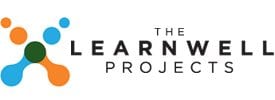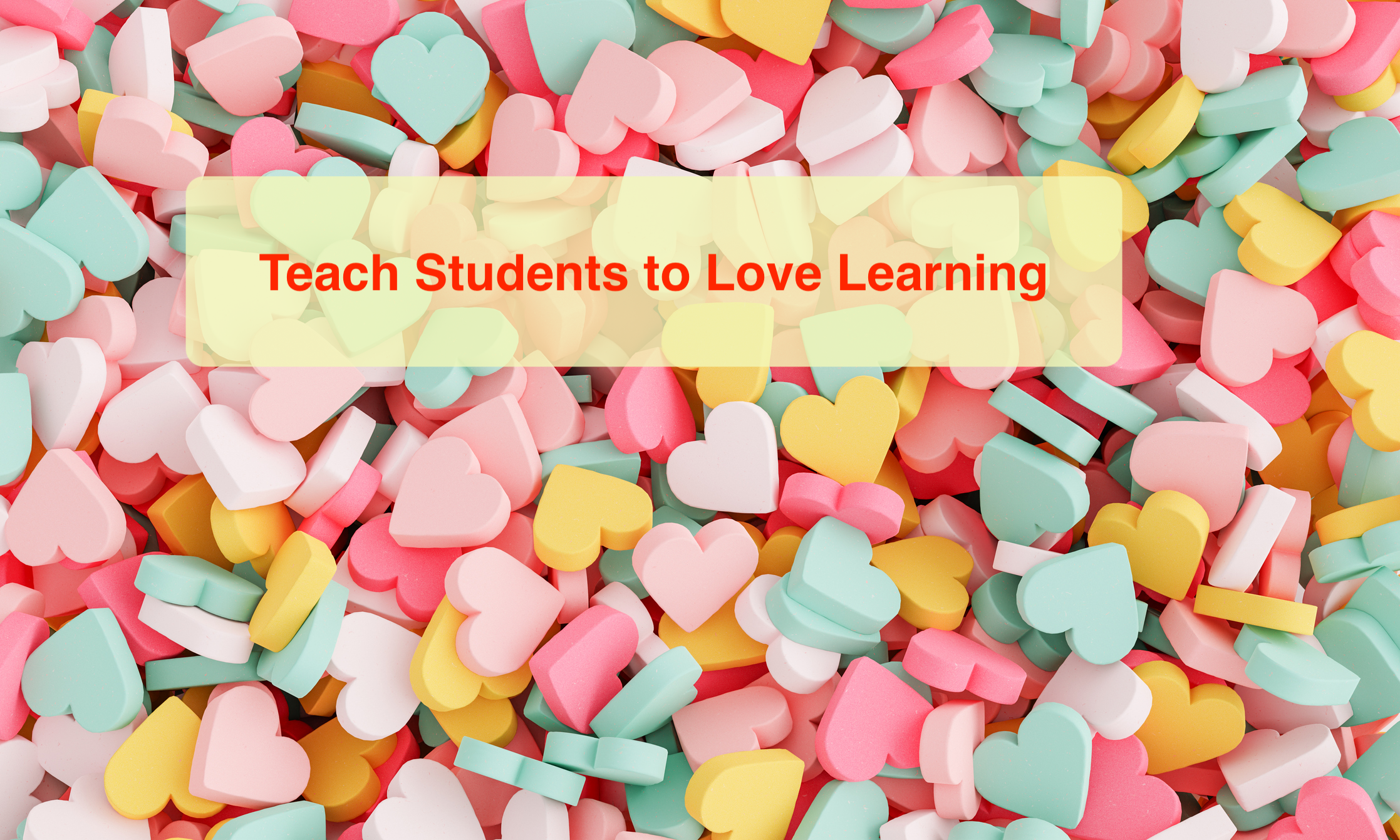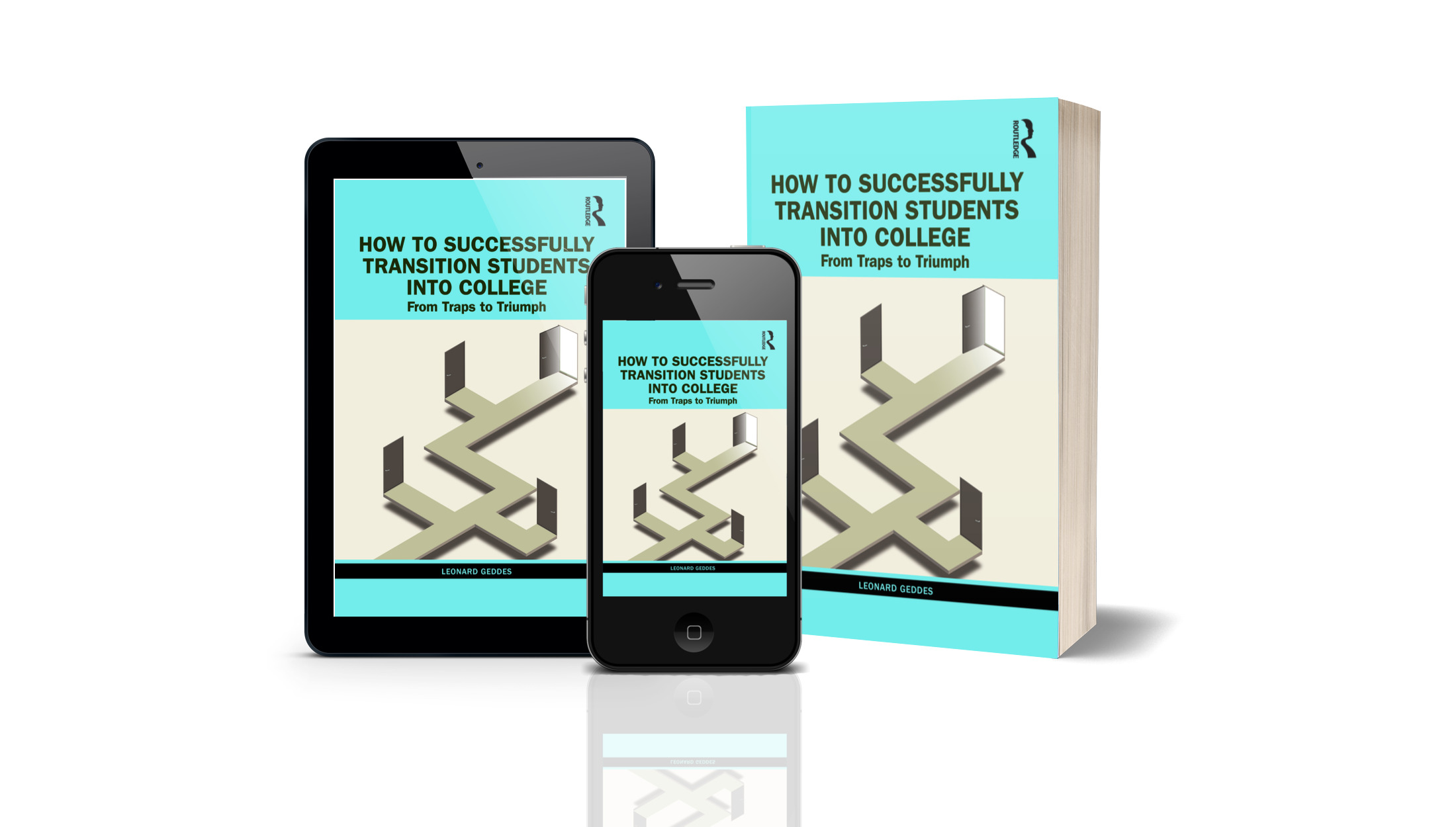It’s Valentine’s Day; once again, love is in the air. I want to challenge you today to make your students fall in love with learning.
Learning is about establishing relationships with information. If students are to be effective learners, excelling in class and transformed by the educational process, then they must move from dating to courting and ultimately marrying their academic material. This Valentine’s Day post provides a roadmap for establishing healthy relationships with academic material and offers a micro-assessment you can use to give your students a Valentine’s Day course check-up.
Every student enters into a relationship with their education. However, there’s a stark contrast between a fleeting acquaintance and a profound bond. Isolated facts, memorized in solitude, are like unremarkable first dates that don’t lead to anything. In contrast, truly engaging with the material, its concepts, and context is like building a relationship that’s meant to last. It’s the difference between knowing superficial details about someone and understanding their dreams and fears.
Date the content. During a relationship’s dating period, couples get familiar with each other. Indeed, it’s possible to date multiple people concurrently as interactions at this juncture are relatively casual. This phase involves assessing mutual romantic interest without the pressure to commit long-term. Dating can be enjoyable, yet it remains a superficial interaction.
In academic work, students should ‘date’ their course content. This means that they should be familiar with the lectures, topics, and subjects covered in class and presented via notes. Given the myriad of topics a course might present, the student’s engagement with the material is casual, provisional, and of transient significance. So, studying the notes may be a great dating tactic, but it wouldn’t produce a deep learning relationship.
Court the concepts. Courting is a more serious commitment. Courtship brings an entirely different dimension to the relationship. During this period, more people become involved as families may be introduced to each other. This period signifies movement towards a long-term relationship, and therefore, the union deepens as couples assess their belief systems to see if they are compatible.
Similarly, students must develop a more serious and enduring commitment to the course concepts. Just as beliefs are initially unknown and are discovered over time, students must invest sufficient time to learn the concepts of their course. While the course content may be expressed explicitly via notes, the concepts are best grasped by interconnecting them. For instance, many students rely on concept maps to establish these vital informational unions.
Marry the outcomes. Marriage signifies a formal, public declaration of a lifelong partnership. This commitment differs from the earlier stages of a relationship by conferring specific rights and obligations between couples, their children, and their in-laws. It is the most enduring form of relationship.
In academic work, the course outcomes are typically detailed in a course’s syllabus, articulating the essence of the course’s knowledge. When learning outcomes are well-constructed and used wisely, they communicate the proper division of labor in the teacher-student educational alliance.
Regrettably, students often lack the awareness and skills to effectively utilize their learning outcomes. Worse still, faculty may treat these outcomes as mere administrative documents rather than dynamic tools for strategic learning, leading to unnecessary struggles for students. Ultimately, if students are to learn well and be transformed by their educational experience, they must ‘marry’ their course outcomes. This will ensure they pass the class and experience the joys of learning that lead to a lifelong intellectual partnership.
In summary, students must establish the proper relationships with the proper academic elements if they are to learn well, perform well, and experience the pleasures of learning that transform them into lovers of learning. They must date the course content. They must court the concepts. They must marry the outcomes.
Here are three questions you can ask students to help them assess the health of their learning relationships.
- Are students dating with their notes? The evidence of this casual relationship will be frequently reviewing their notes.
- Are students courting their concepts? Evidence of this would be students looking beyond the content to discover the concepts and establishing relationships among them.
- Are students marrying their course learning outcomes? If students don’t use their learning outcomes daily, they have not yet married these elements. I typically teach educators and students to use them as guides and gauges to measure their learning along the way effectively.
At this point in the semester or term, students should be courting and headed toward marriage at this point in the relationship. If they date too long, they may find themselves alone.
Since you’ve got this far, continue to the comments section below and leave your thoughts. 💭✍🏾
Academic success begins with the initial steps taken by new students. Discover the keys to a smooth transition into college with my latest book, “How to Successfully Transition Students into College: From Traps to Triumphs.
Try the “GPS Learning” Online Course⬇️
Open Enrollment until February 29th!
I would like to invite you to sample my free canvas course, GPS: Learning, which I am creating to help institutions empower learning center professionals and peers to lift their institutions to greater levels of academic success. These services have a uniquely powerful role in college academic work. Yet, their impact is often limited. This course will empower them to serve more effectively.
I only ask that you complete the survey at the end so that we can make this course as useful as possible for you.
Enroll for free by clicking the following button.
GPS Learning Sample Course


0 Comments